Tax increases need to be carefully evaluated and have a suitable roadmap to ensure business integration.
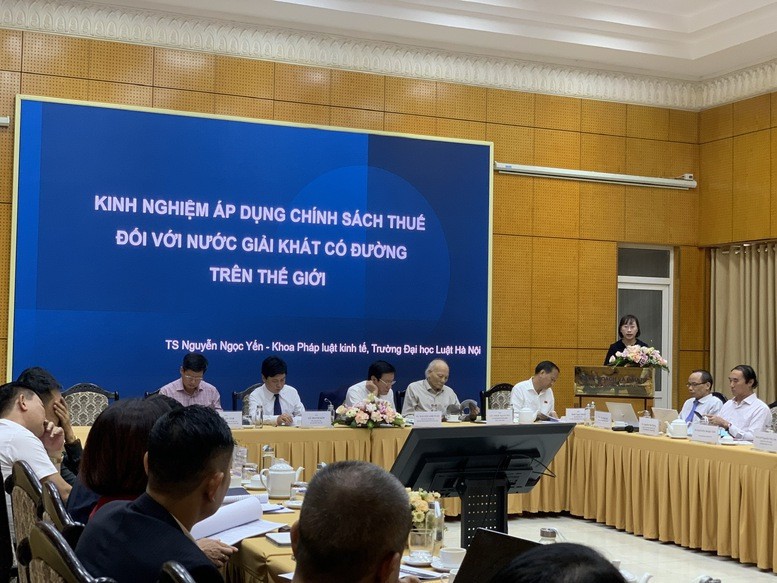
This is a content discussed at the Workshop "Contributing comments on the draft Law on Special Consumption Tax (amended)" co-organized by Nha Doi Tu Magazine on September 20, in Hanoi , to contribute comments on the draft Law on Special Consumption Tax, an important law that will be submitted to the National Assembly for first comments at the 8th Session (expected to open in October 2024) and considered for approval at the 9th Session in May 2025.
Is it reasonable to use taxes to limit overweight and obesity?
At the workshop, Prof. Dr. Nguyen Mai, Chairman of the Association of Foreign Investment Enterprises, said that in the context of many enterprises' production and business activities facing great difficulties due to the consequences of the COVID-19 pandemic and adverse external impacts, the Government has issued many solutions and policies to support people and enterprises such as exempting and reducing some types of taxes and fees; deferring due debts; unblocking capital sources for corporate bonds and reducing bank interest rates. Taxes should not be adjusted to increase, including increasing special consumption tax for enterprises for at least the next 2-3 years.
"Increasing special consumption tax (SCT) at the present time will increase the burden on businesses, forcing them to narrow down their production and business activities, indirectly affecting the state budget revenue as well as the budget balance of localities," said Prof. Dr. Nguyen Mai.
Dr. Can Van Luc, Chief Economist of BIDV , said that based on global data on the rate of overweight and obese people (TCBP) in 2016 and 2024 (from the World Obesity Federation - WOF), it can be seen that taxing sugar is unlikely to help reduce the rate of people with TCBP. In other words, the effect of sugar tax in limiting TCBP is unclear.
According to WOF (2024), there are 9 risk factors that cause obesity, of which industrially produced food (including beverages) is one of them. According to the Tax Foundation (2023), because the sugar tax has a very narrow base, it leads to unstable budget revenue, not large enough to cover long-term programs for the Government's health goals, reducing the effectiveness of tax policy.
The research team recommends that there should be interdisciplinary cooperation, instead of just using tax policies alone, including: raising awareness of TCBP status in children in the community and for policy makers...
According to Associate Professor, Dr. Nguyen Thi Lam, former Deputy Director of the Vietnam Institute of Nutrition, there are many causes of TCBP, so imposing special consumption tax on soft drinks does not guarantee to solve non-communicable diseases, including overweight and obesity.
Instead, it is necessary to educate about nutrition in schools, increase communication about nutrition and health. At the same time, it is necessary to use food sources reasonably. The diet needs to increase the use of vegetables, fiber, use foods rich in micronutrients or foods fortified with micronutrients to improve the quality of meals. In addition, it is necessary to increase physical activities. Reduce sedentary time for children both at school and at home.
According to Dr. Nguyen Ngoc Yen, Hanoi Law University, many countries have abolished tax policies after a period of application due to the ineffectiveness of this tax measure on TCBP and the negative impact on the socio-economy. For example: Denmark, California, Illinois (USA), Norway...
Meanwhile, many countries do not apply tax measures but have succeeded in controlling TCBP by implementing propaganda measures, educating on lifestyle, healthy diet and increasing physical activity. For example, Singapore, Japan, Germany...
Sustainable approaches to addressing overweight, obesity and other non-communicable diseases include strengthening education, advocacy, implementing policies and encouraging people to maintain a balanced and reasonable diet, as well as increasing physical activity.
At the workshop, Mr. Nguyen Van Phung, former Director of the Department of Large Enterprise Tax Management, General Department of Taxation, emphasized that the imposition of special consumption tax on sugary soft drinks not only affects enterprises directly engaged in the production and business of soft drinks but also affects related supporting industries such as sugar cane, retail, packaging, and logistics.

Need a suitable roadmap to ensure business integration
Mr. Luong Xuan Dung - Chief of Office of Vietnam Beer, Alcohol and Beverage Association suggested: Every time the law is changed, it is necessary to consider feasibility, long-term, and fairness. For example, Vietnam does not have actual survey data on sugar consumption. Suppose 1 million tons of sugar, it is necessary to calculate the percentage for the beverage industry, while the rest is not subject to special consumption tax, then it is necessary to consider fairness. How feasible is the special consumption tax? Many countries have also proven that sugar consumption is high but they do not impose special consumption tax or have imposed tax and then abandoned it. Vietnam needs to consider to avoid affecting the production and business activities of enterprises.
Furthermore, when times are tough, raising taxes will increase prices, which will cause consumers to stop using controlled products and switch to uncontrolled consumption of street products, creating risks. Surveys show that 49% will switch to street products.
"At this time, sugary soft drinks should not be subject to special consumption tax," said Mr. Luong Xuan Dung.
According to Mr. Nguyen Thanh Phuc, Director of External Relations of Heineken Vietnam Brewery Company Limited, Heineken and the associations always support the goal of increasing taxes to protect people and the environment, however, this tax increase needs to ensure the harmony of interests. Currently, Heineken assesses that the special consumption tax has a big impact, the tax increase needs to have a suitable roadmap to ensure the integration of businesses.
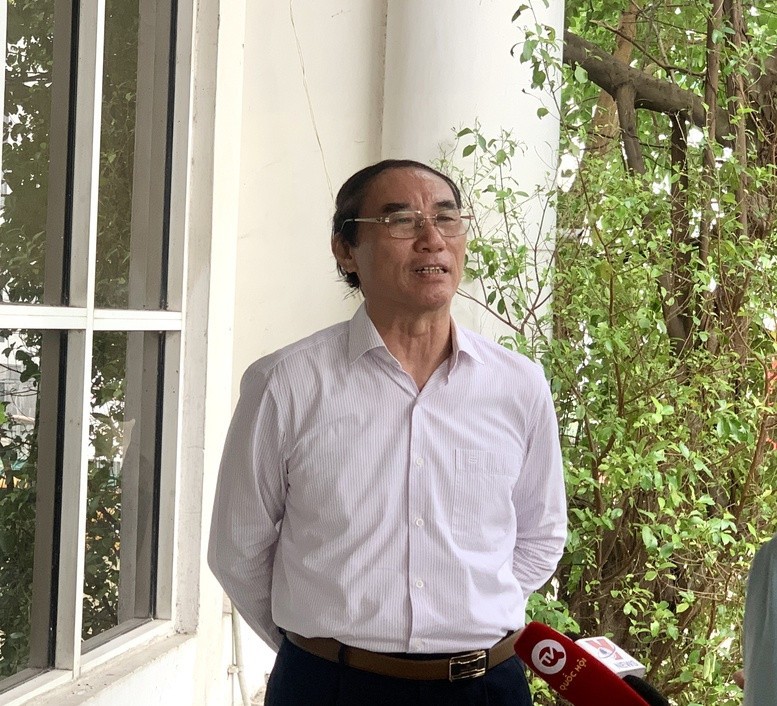
Mr. Nguyen Thanh Phuc suggested: There needs to be an in-depth study on the socio-economic impact of special consumption tax. Option 2 of a sharp tax increase will have a major impact on budget revenue. The reduction in output will affect many other industries such as food and beverage, night tourism, thereby eroding Vietnam's revenue.
Heineken recommends that to facilitate the recovery of industries, the tax should remain unchanged in 2026, and increase from 2027, and should increase no more than 2 years/time, each time by 5%, aiming for a maximum of 80%. Regarding reducing alcohol consumption, there is a risk of illegal economy, as consumers switch to using alcohol of unknown origin and tax evasion.
According to the CIEM Research Report assessing the socio-economic impact of special consumption tax (implemented in 2018, updated in 2021), if sugary soft drinks are added to the list of special consumption tax at a tax rate of 10%, it will result in a loss to the economy of about VND 880.4 billion. If both special consumption tax at 10% and VAT increase by 2% on soft drinks are simultaneously applied, the total loss to the economy will increase by VND 1,069.1 billion. If VAT increases by 1%, it will also cause the output of the sugar industry to decrease by an estimated 28.8 thousand tons; equivalent to a decrease in revenue of VND 302.4 billion while the value of VAT collected will only increase by VND 217.4 billion, meaning a loss of nearly VND 100 billion to the economy, affecting the livelihoods of more than 300,000 sugarcane growing households.
In addition, if this tax policy is applied, it will cause a series of spillover effects on all enterprises in the vertical value chain (such as the sugar industry) and the economy in general. Overall, the added value of the whole economy (GVA) will decrease by 0.135%, GDP will decrease by 0.115%, workers' income from production of the whole economy will decrease by 0.155%, production surplus will decrease by 0.083%, labor will decrease by 0.092%; budget revenue through indirect taxes will decrease by about 0.065% - 0.085%.
RELATED NEWS
Increasing special consumption tax needs careful impact assessment
Extension of deadline for payment of special consumption tax on domestically manufactured and assembled cars
In essence, the main goal of tax is to generate revenue for the state budget. The economic basis of tax is still production and business. Therefore, tax imposition must always take into account the relative impacts on economic development, on the production and business activities of enterprises, as well as the impacts on other sources of budget revenue.
For example, increasing special consumption tax, if it can reduce consumption, will also affect business revenue and lead to a decrease in revenue from value added tax and corporate income tax.
For special consumption tax, in addition to the function of generating revenue for the State budget, it also has the function of regulating and orienting consumption, but these functions can only be promoted under good management conditions along with the coordination and voluntary compliance of the people. However, as someone once said, tax cannot be a universal key to open all doors, to solve all problems according to our wishes.
According to the Law on Promulgation of Legal Documents, the proposal to impose special consumption tax on soft drinks must be seriously, specifically, and thoroughly studied, with an assessment of the impact on the socio-economy.
Source: https://baolangson.vn/can-can-nhac-loi-ich-kinh-te-tong-the-khi-ap-thue-tieu-thu-dac-biet-5022421.html


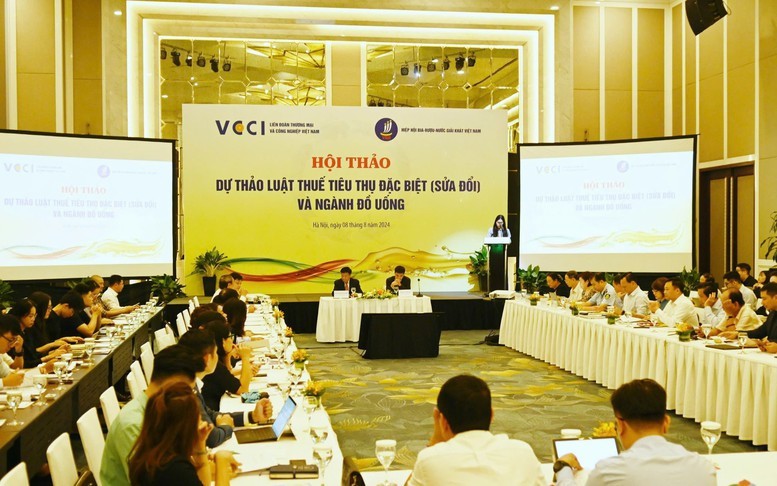
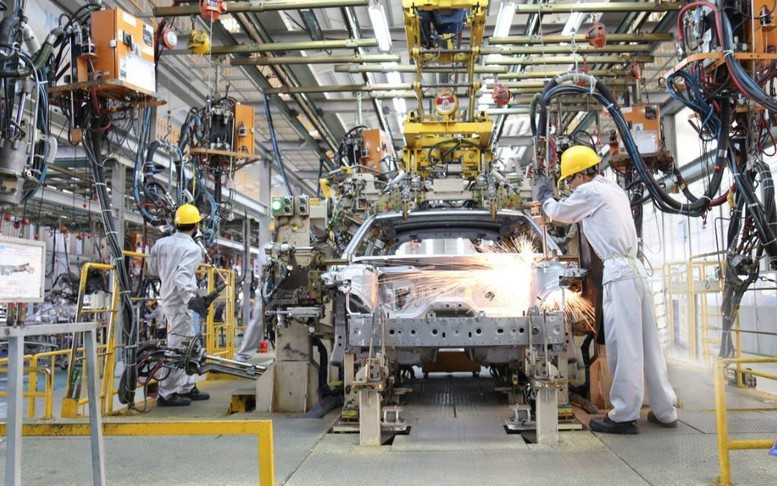

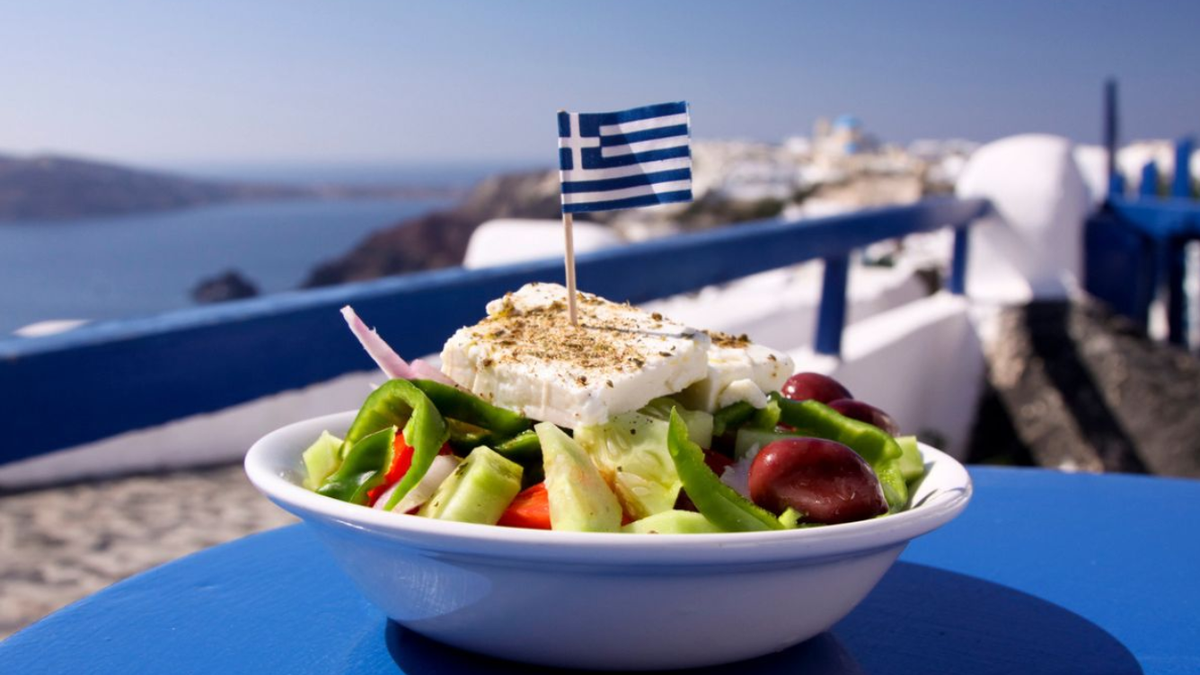

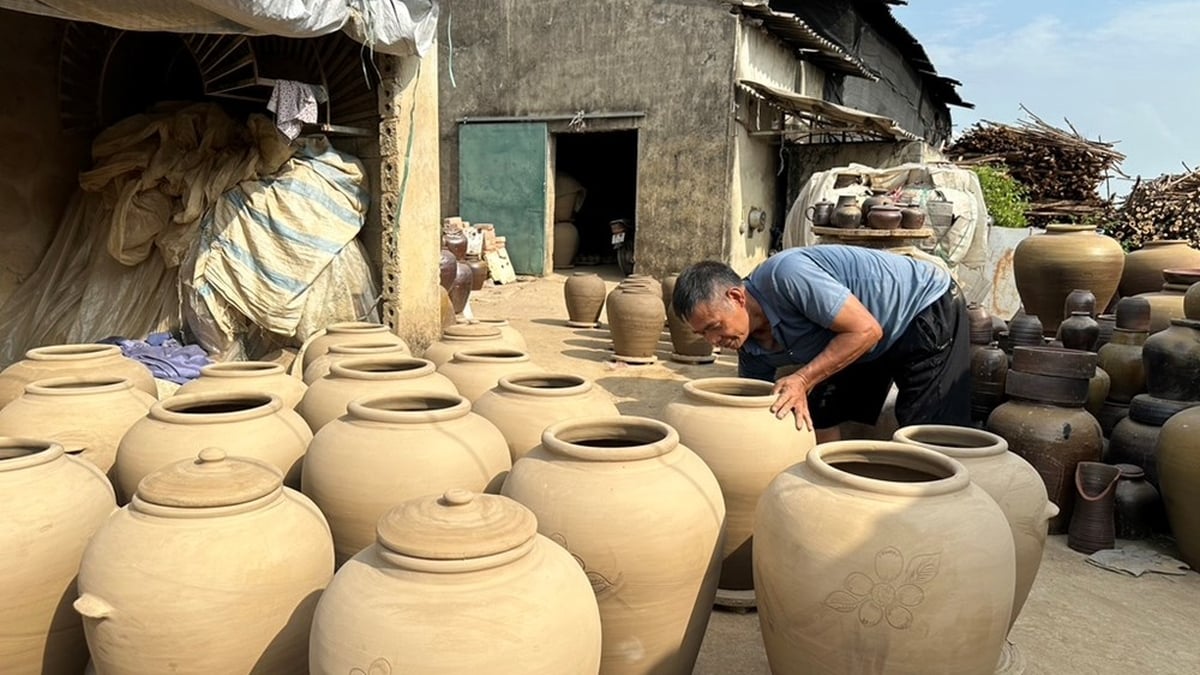

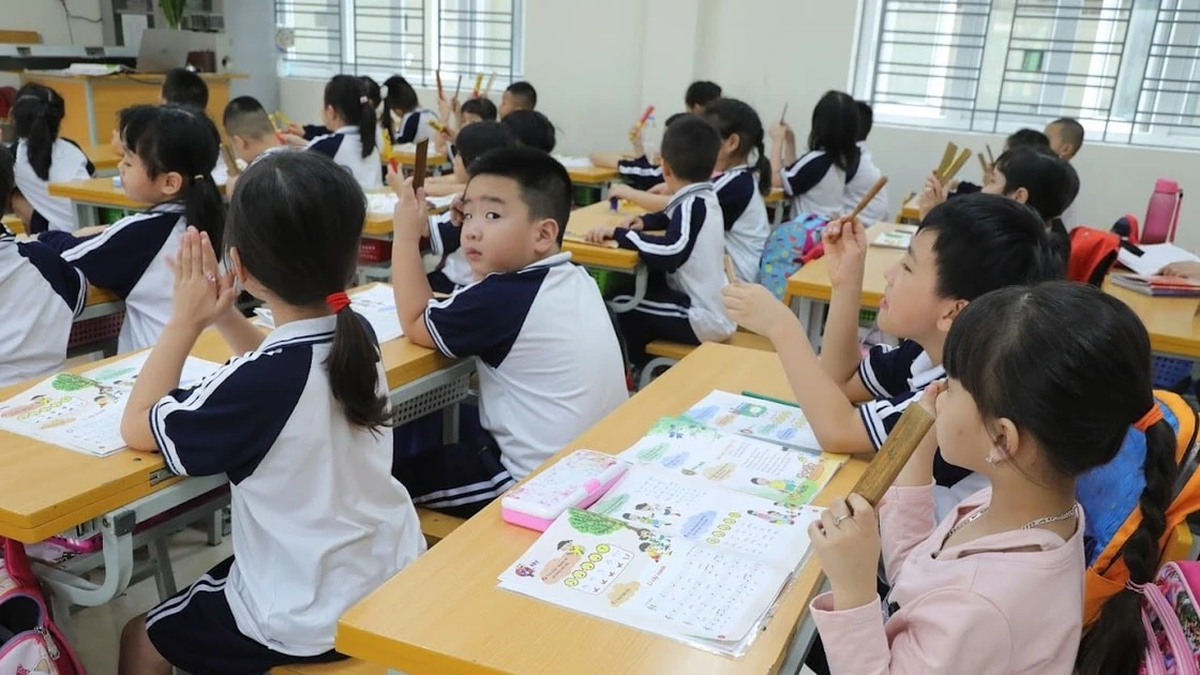

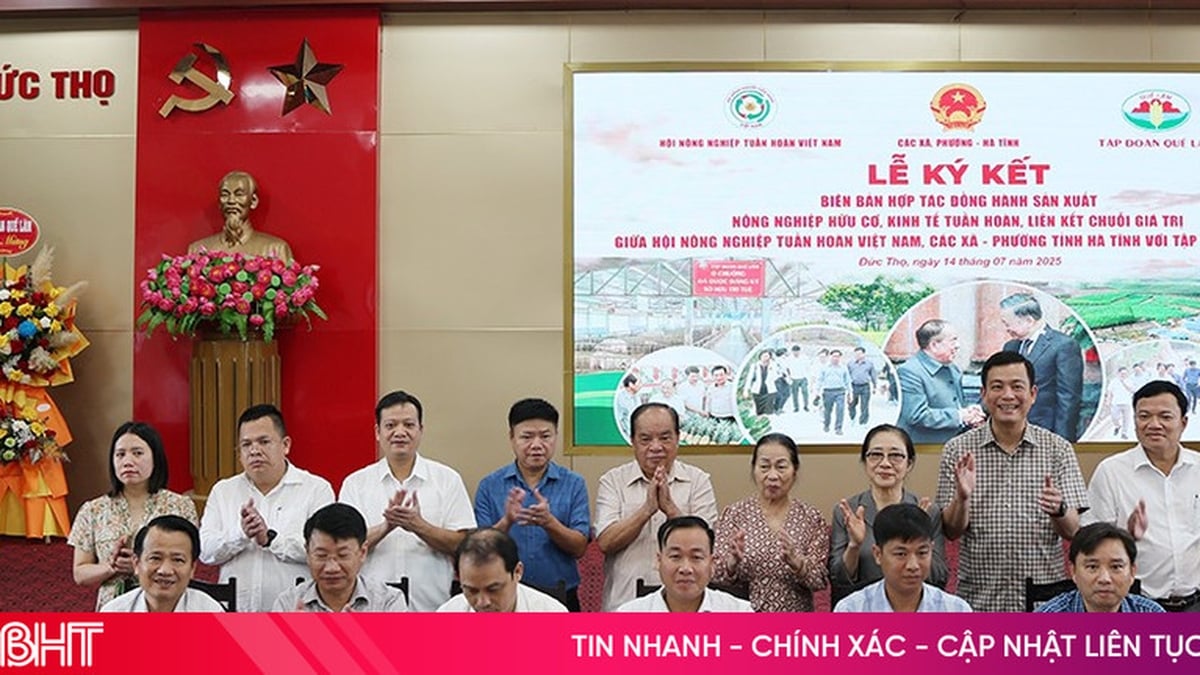
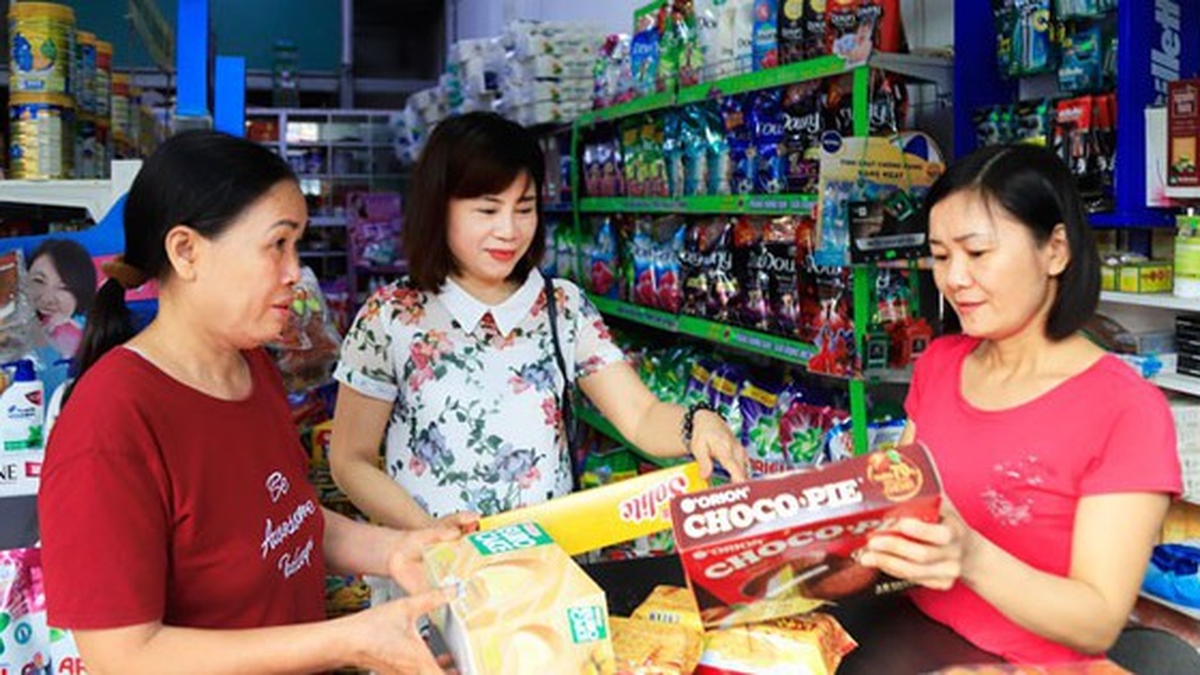
















































![[Maritime News] Treasury Department Targets Diverse Networks Facilitating Iran's Oil Trade](https://vphoto.vietnam.vn/thumb/402x226/vietnam/resource/IMAGE/2025/7/14/43150a0498234eeb8b127905d27f00b6)




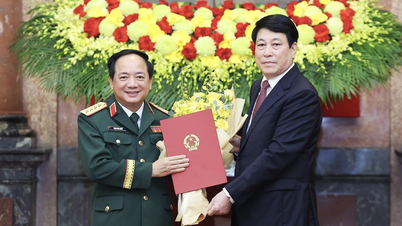






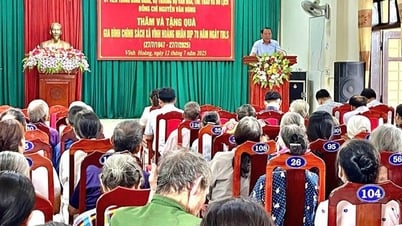



























Comment (0)